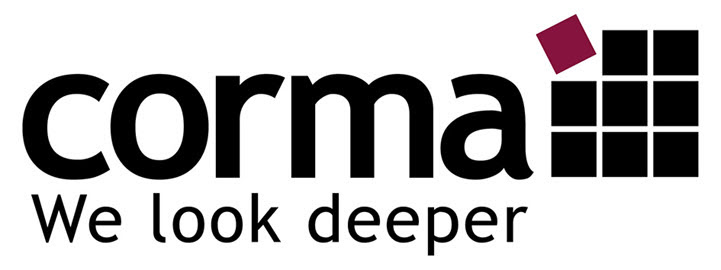Monitoring your information
Monitoring or online surveillance of their own information is indispensable for companies. Companies want to know what their reputation is and how customers react to their offers and services. Where do they stand in their business?
But this can also be an important issue for you as an individual.
Professional monitoring covers all essential areas that are part of a reputation. What is being said about you in social media such as Facebook, LinkedIn, Twitter, Instagram or on a website? As part of the reputation check, you check all the information and data about yourself on the web. So your name, email, company name, address, username and other relevant keywords.
To check your reputation, you can use the following process as a guide:
What do I want to know?
What do I want to check and on which topics do I want to get up-to-date information?
So first I need to know which keywords / keyphrases / information and data I want to monitor. You will then find out, for example, if your name is currently appearing on a website or blog on the Internet. You can also find posts about you or your company on social networks.
That is why choosing the right keywords is very important.
Where do I want to have these keywords monitored?
Which sites do you want to check to see if news is being spread about you? Ask yourself: Which sources are important or relevant?
At this point, you need to be clear about where the info you want me to monitor can appear on the web. For example, as part of a new press release, in a tweet, in a forum, etc.
These sources also emerge from the results of the inventory.
Example:
A product of my company is discussed intensively on Reddit. So then Reddit or the subreddit would be the place I should monitor for new hits.
Tweets -> Search Twitter and monitor online.
Press etc. → Monitor for new press releases.
Important Notice:
Security also plays an important role when it comes to reputation. For example, if hackers crack your mail account, they can send spam in your name. Your reputation is at stake because, after all, this spam was sent in your name. There are very good checklists on the subject of IT security, e.g. from the magazine c’t: c’t security checklists 2020: PDF booklet for free download
How can I monitor this?
So the question is: Which tools do I use to monitor the specified sources?
The goal is to use as few tools as possible and to have to do as little manual research as possible. Information and results should be collected centrally in one place. Ideally, you will receive a proactive message when something is published about you on the web. In other words, the information should come to you instead of the tedious daily manual search.
Use the free tools Google Alerts and Talkwalker Alerts to monitor your reputation. You can get the results as an RSS feed in a feed reader like Feedly (https://feedly.com/ ) or Feeder ( https://feeder.co ). This could be smarter then getting these information as a separate (mail) message.
What do I use to view results?
You should set up a dashboard for this via RSS Reader or, for example, start.me. With these tools you can merge a lot of information in one place.
Here is an example of a concrete workflow for a person (first and last name).
- Create Google Alert for “John Doe”.
- Create Talkwalker Alert for “John Doe”.
- Genios: Enable monitoring (for a large number of press and other media).
- Find more mentions on websites / social media (if public).
- If you are really serious about monitoring, you should also have a paid account, e.g. with Mention or Talkwalker. With such a solution, millions of sources can be monitored at once, including “Shitstorm Alarm” 🙂
- Or as a smaller alternative: https://www.social-searcher.com/
- Monitor Google News with Feedly
- Monitoring of certain (known) web pages for changes with Distill / Websitewatcher / Visual Ping.
More reasons for a professional solution, for example, from the article:
https://www.gruender.de/social-media-monitoring/
An example from our current projects:
We are currently monitoring the names of board members of a large corporation to see if they appear on selected websites/blogs. This involves all mentions outside of classic marketing communications. Furthermore, we also check daily whether there are any security-relevant incidents in the area of exposed persons (VIPs). These findings are very important for our customers and their security departments.








